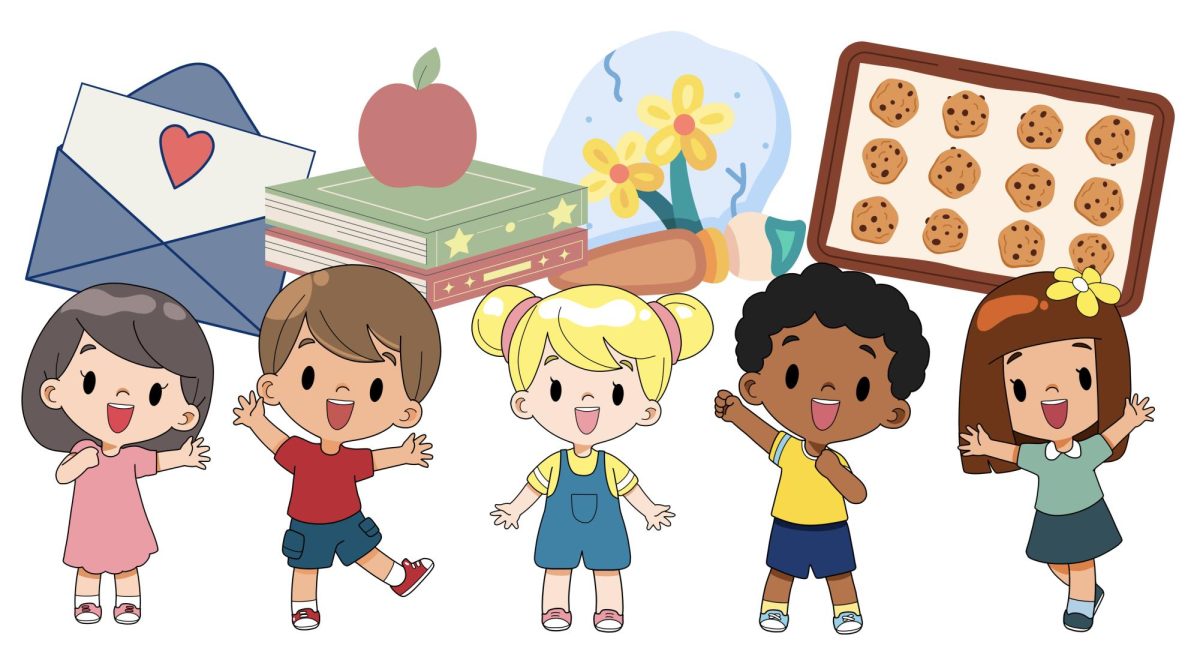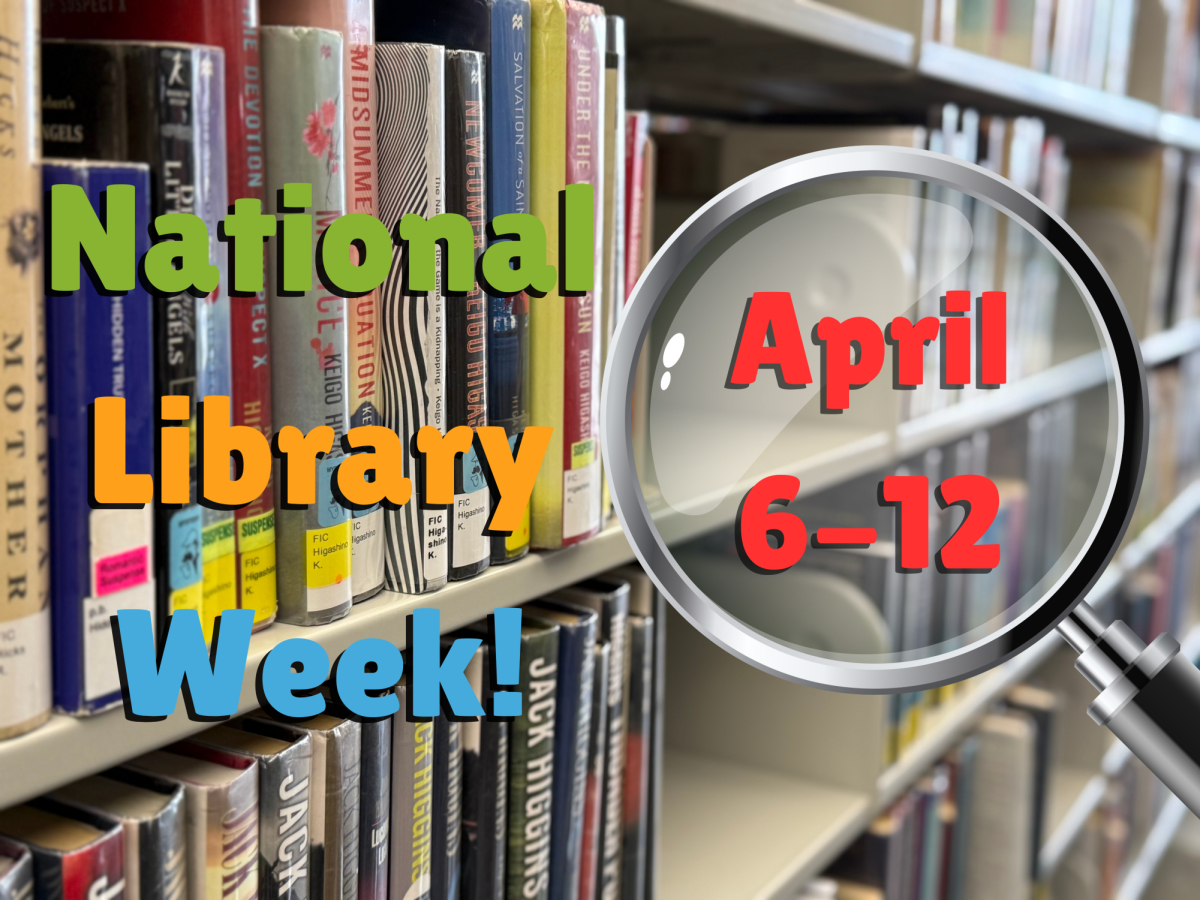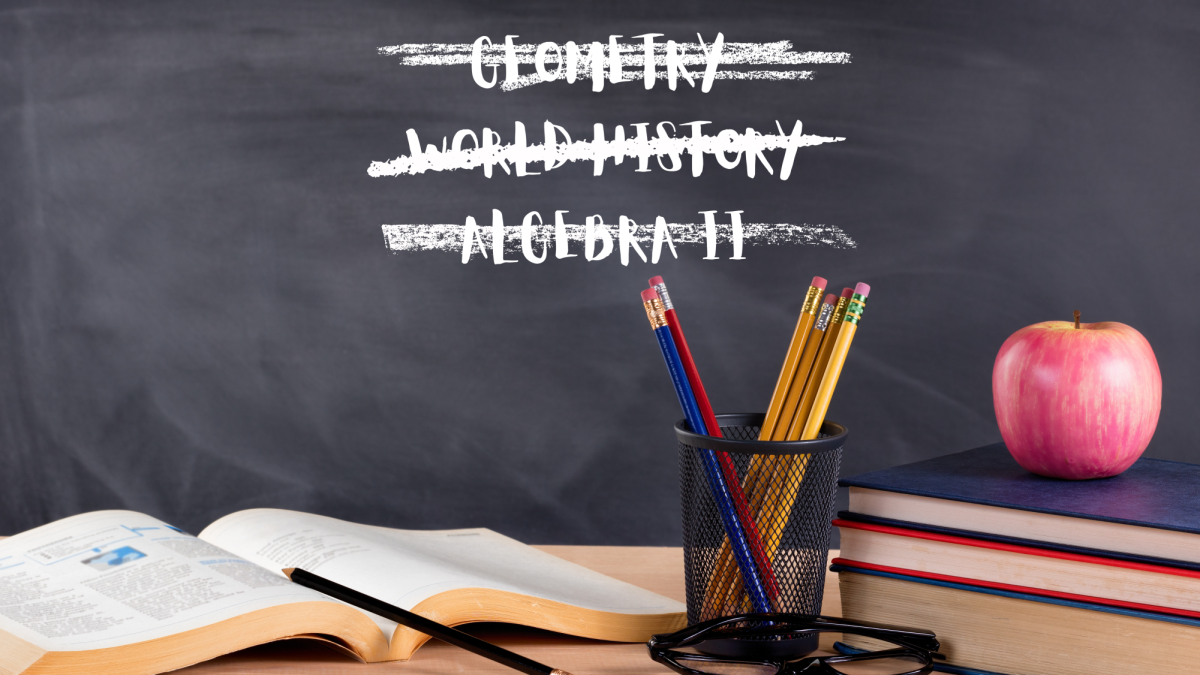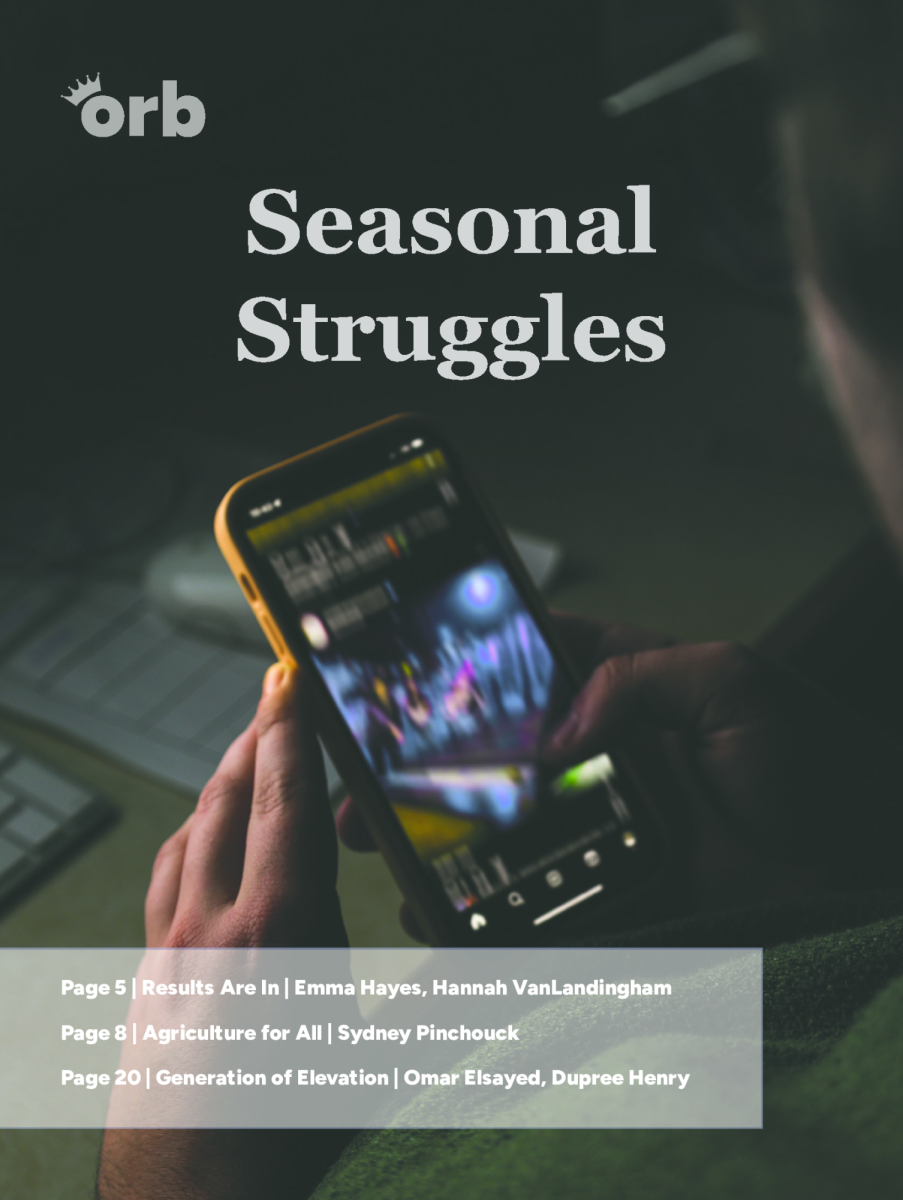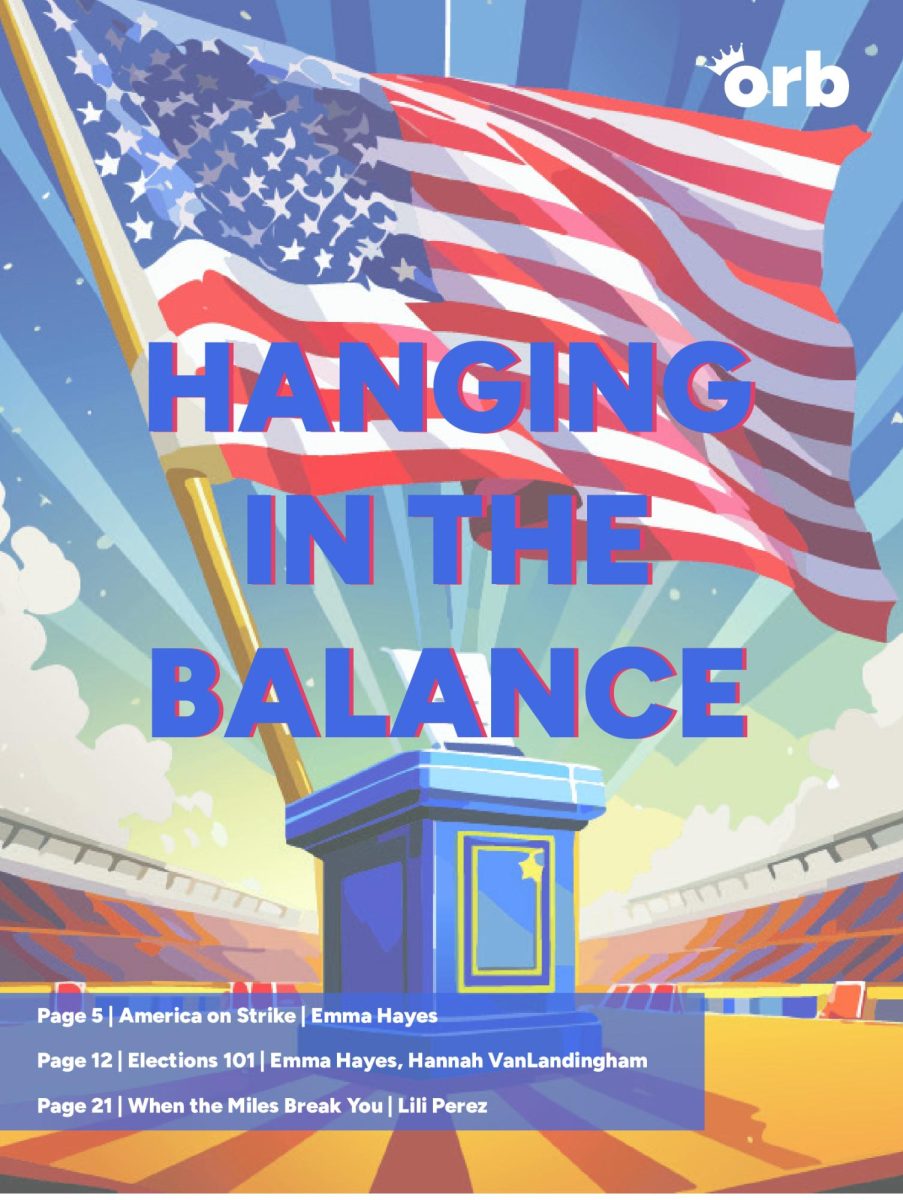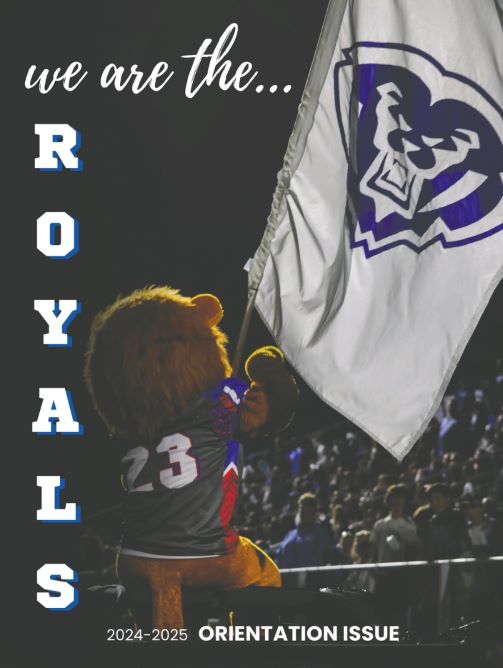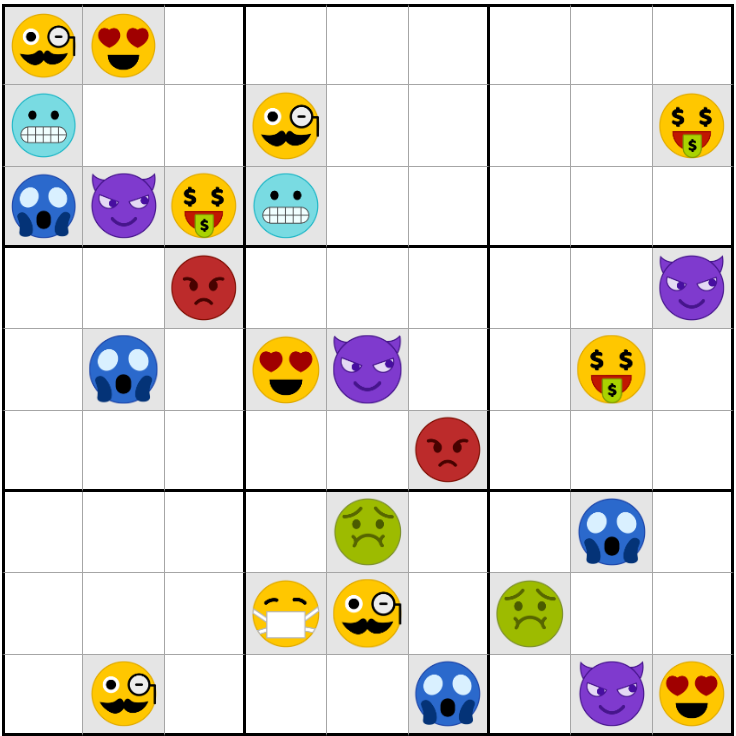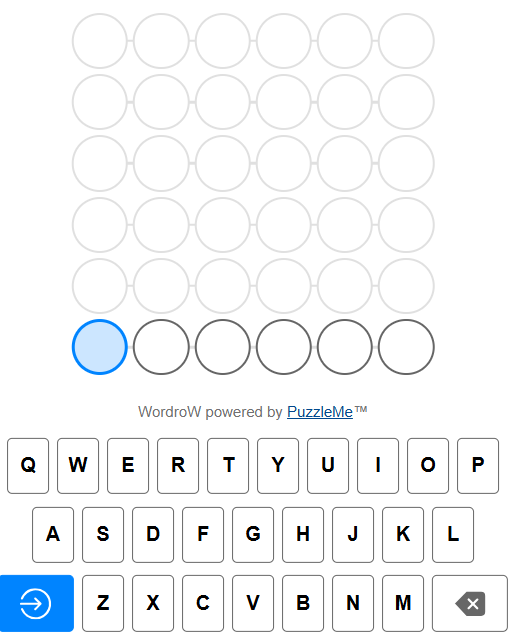What Jeep Wranglers, Shoes, Sushi, and Teenagers All Have in Common
Debate student’s opinion essay from Ms. Habig’s Debate class.
February 28, 2023
Growing up in a wealthy community, I’ve had the joy of facing some hard realities. They’re the type that make your blood boil, heart sink, and jealousy surface.
I’m talking about that feeling when year 16 rolls around, and it seems like all your friends’ parents head right down to the nearest car dealership to pick up a brand-new car that pairs right with their teens newly gained driver’s license. While you’re stuck with a hand-me-down or just the cheapest, hopefully reliable, car, your parents can find.
Yet it seems, the value and responsibility of all your friends’ new cars doesn’t seem to resonate with them as they race the roads driving $25,000 or more, worth of money. Why? In a world full of intangible money, adolescents and young adults are plagued by the ideas and realities of entitlement and everlasting money, making their understanding of money, its value, purchases and payments, and the weight of that negative withdraw sign in their bank account, frighteningly limited.
Now, am I saying that every teen who doesn’t have to pay for a new or used vehicle is a bad person or doesn’t understand the worth of money. No.
But when money seems ‘invisible’ to teenagers, whether it’s in the form of not having to pay for things, using debit or credit cards, paying with systems like Venmo or Apple Pay, teens are less appreciative of money, and don’t fully grasp withdraws and deposits. An article from NerdWallet explains this detachment in thinking, writing about, “A published paper from MIT economist Amy Finkelstein found that U.S. states with highway tolls would tend to increase that toll once they’d installed an automatic collection system, such as EZ-Pass. The study suggests that states realized they could charge more because consumers don’t “feel” the electronic transaction in the same way they would by parting with “real money.”’
This inability to discern money, and associate value to items and things it pays for, leads to the belief that adolescents can purchase whatever they want, whenever they want, for however much it costs because they don’t consider the effects or values.
Personally, from a young age, purchasing my own goods and services, understanding bank accounts, debit, and credit cards, as well as banking apps, has been stressed in my household.
I opened my first checking and savings account in 8th grade and have had and used the same accounts and debit card since.
But boy did my world change with that card.
My parents expected with the responsibility of that handy-dandy card, I would pay for non-essentials. That meant, going out to eat with friends, getting my nails done, purchasing clothes, and when I could drive, gas, was all on me.
Sure, you might argue I’m jealously biased of my peers who have all these things covered by their parents. Yet, more appreciation for what I buy, how much I spend, and when and where I spend money, has blossomed from my parents’ expectations of personal finical responsibility.
In turn, I have gained experiences that make me contemplate whether buying $75 shoes or $200 shoes on a Monday is the right choice if I want to grab sushi with my friends and need gas to get there on Friday.
Most people enjoy when things are paid for them but experiencing purchases and understanding the value of money, builds a strong character, not marked by entitlement, expectation, or a lousy attitude.
Learning the merit of money early, can boost independence, responsibility, and lead to more money-wise, decision making in the future.
We see this in a study that, “Psychologist David Bredehoft and his colleagues found that giving children too much, too soon could turn them into self-centered adolescents and adults who can’t take responsibility for their actions.”
Contrarily, in a survey done by Quicken Inc, “There was a clear correlation between early education in money and financial confidence and success as adults. People who reported learning about money as a child are three times as likely to have a personal annual income of $75k or higher than those who didn’t (45% vs. 14%).”
As previously mentioned, not all teens and young adults are bad people, or turn out to become financial flops because of entitlement or their misunderstanding of money.
However, there are positives that stem from the ability to discern money, real-world experiences with personal finances, and decision making. Let’s work to make a more conscientious effort to improve how spoiled or uneducated our young people are with money.
And maybe next time they hop in their brand-new Jeep Wrangler, they’ll take more pride and responsibility in their car, from the betterment of their financial responsibility and understanding that nothing in this world is free.


